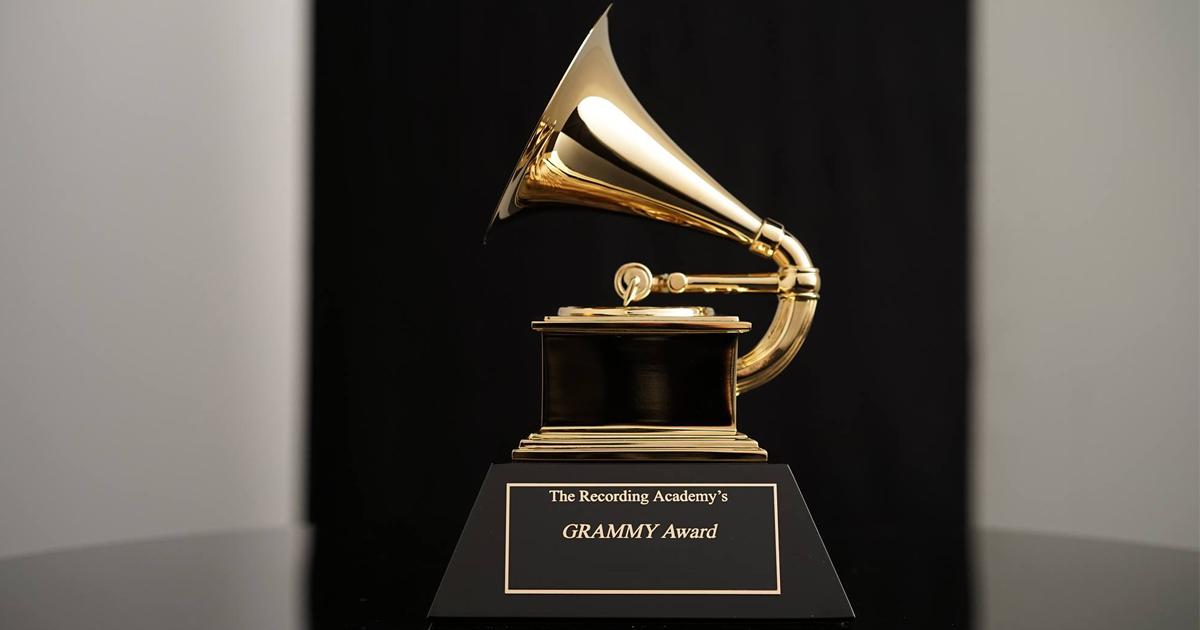With the popularity of artificial intelligence establishing its presence over the internet, it was only a matter of time before the infiltration into the award show industry.
Before delving into any implications on musicians and the music industry itself, it’s important to look into what musical artificial intelligence is in the first place.
AI in music is not necessarily the typical image of AI similar to ChatGPT, and has far more to do with a process called synthesis and who owns what in the music industry.
Programs such as Vocaloid use artificial intelligence to create music, according to Dr. Ian Reyes, a professor of communications and film media in the Harrington School. Sound engineers have been synthesizing instrumentals for years and the only difference now is that it can be done with vocals. In some cases, a sound engineer can purchase the rights to a vocalist and maneuver the lyrics to create an entire song by a given artist without ever interacting with them in person.
AI in the music industry has more to do with synthesis and intellectual property of the record labels, basically who owns the rights to the vocals which in most cases is the record label not the individual.
One example of this concept which falls outside of the music industry is with actor Bruce Willis.
“Willis has created an avatar of himself including his voice and body which he licenses out for commercial purposes,” Reyes said.
With this synthesis technology, that becomes increasingly more convincing, sound engineers will not only be able to make award winning songs in multiple categories, but will be able to create new songs and albums for artists that have passed away.
“More than 50% of profits coming from the record industry have been coming from artists who are 20 years dated or earlier. Once you’ve established a valuable artist or brand you want to exploit that forever,” Reyes said.
Artists like The Beatles or Lana Del Rey will be synthesized forever, making it challenging to become a star without a previously established name.
“We already have an economic model for Vocaloid where there’s no clear relationship to an established star. I can easily see record labels fighting to control the voice synthesis properties of their stars and worry more about that than developing new talent,” Reyes said.
Contrary to Reyes, recent graduate and musician Matt Wilson who goes by Rathew takes a different perspective on the addition of the incorporation of AI.
“I don’t really love the idea of people pasting voices like Drakes over their own files getting a better chance at the Grammys, it just feels kind of soulless,” Wilson said.
What started with making covers by different characters such as overlaying original songs with Spongebob’s voice on Tiktok for views is expanding to a much broader scale, which will shift how the music industry functions, especially for upcoming artists without an established brand.
“I’ve seen so many Frank Sinatra AI covers on TikTok, which yes is cool, but there is something that feels insanely wrong about hearing a dead man sing,” Wilson said.
It is important to mention there are various categories at the Grammys and a song with synthesized lyrics would not be eligible for all of them.
As AI in the music industry continues to develop, the battle between art and capitalism will continue to ensue.

